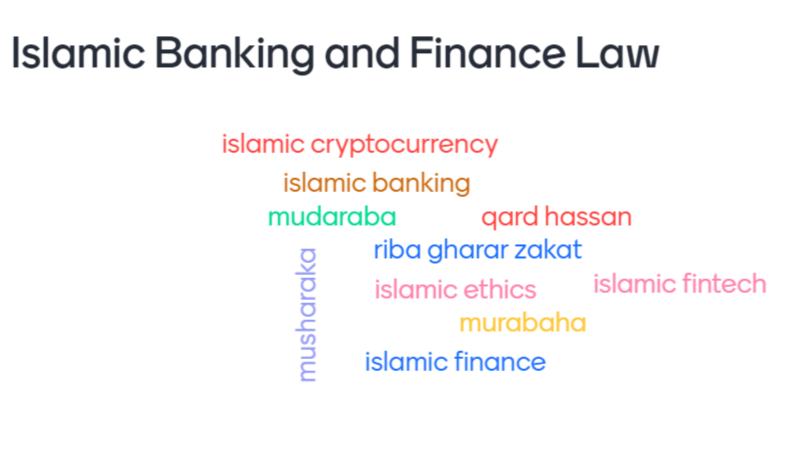By Russkykh Pavlo,
Edited by Sanaa Kadi
Are you familiar with the ancient Roman legal principle “Pacta sunt servanda” and its significance in European legal systems? This principle ensures that every valid contract must be fulfilled by the parties involved in good faith, promoting predictability and efficient planning. But what about Islamic business law? Does it have a similar principle, and are there instances where contracts can be violated after conclusion? In this blog post, we’ll explore the concept of contracts in Islamic business law and how it differs from the European legal tradition, shedding light on a lesser-known aspect of contract law.
No business and economic development is possible if the parties can break the contract or refuse to fulfill it. In the European legal tradition, this opinion was enshrined in the main ancient Roman legal principle “Pacta sunt servanda“. According to it, every valid contract is binding for the participants and must be fulfilled by them in good faith. It allows you to ensure predictability, which is ultimately beneficial to the parties to the contract, as it allows you to clearly plan actions and spend a minimum of effort on insurance.
This principle has become the basis of all European legal systems, on the other hand, does Islamic business law have its analogue of the principle and are there examples of contracts which parties can violate after conclusion?
Liam Patrick Nicol, Joel Väisänen and Marc Orti Carceller contend that «The Quran, which is Islam’s first fundamental source of law, includes numerous references to what is known nowadays as the pacta sunt servanda principle. This supports the claim that the notion is not foreign to Islamic law and is compatible with its norms, particularly regarding internal and international ties between Muslims and non-Muslims. » [1] However, the application of this principle is not universal and not every contract must be fulfilled. The Islamic legal tradition in the field of business regulation is based on prohibition. According to Sharia law, not every contract has the right to be concluded by the parties at all. There are exceptions, when prohibition-based contract invalidation can almost always be attributed to the two factors labeled – riba and gharar [2]:
- Gharar – uncertainty. One of the three fundamental prohibitions in Islamic finance. Gharar is a sophisticated concept that covers certain types of uncertainty or risk in a contract. The prohibition on gharar is often used as the grounds for criticism of conventional financial practices such as short selling, speculation and derivatives.
- Riba – this term literally means an increase or addition. Technically it denotes any increase or advantage obtained by the lender as a condition of the loan. Any risk-free or “guaranteed” rate of return on a loan or investment is riba.[3]
Sometimes a contract is recognized as haram, even if it does not have the signs of riba or gharar, but the subject of such a contract is impermissible and forbidden things in Islamic law (For example: drugs, pornography, alcohol).
Also, in order for a contract to be binding and enforceable, not only the subject of the contract, but also the form, must comply with Islamic law and contain:
- ‘ijab – an offer
- qabul – an acceptance
- ahliyyah – capacity
- mahal al-‘aqd – subject matter
- Absence of ikrah– absence of duress
- consideration [4]
Therefore, it can be argued that the doctrine of pacta sunt servanda is recognized by Islamic law, although it is rejected primarily from prohibitions. Thus, a contract that corresponds to the above components, and also does not concern the circulation of items that are haram, does not contain riba or gharar – must be performed in accordance with God’s will, which is reflected in the Qur’an.
Sources
- Liam Patrick Nicol, Joel Väisänen, Marc Orti Carceller, ‘The pacta sunt servanda principle in Islamic law’ 2021, https://blogs.helsinki.fi/islamic-business-financial-law/2021/12/22/the-pacta-sunt-servanda-principle-in-islamic-law/
- El-Gamal, M.A, Islamic Finance Law, Economics, and Practice, 2006, p. 46, Cambridge University Press
- Glossary of terms used in Islamic Banking, by Credit Agricole Corporate and Investment Bank
- Abdul Jalil, Md & Khalilur Rahman, Muhammad, 2010. Islamic Law of Contract is Getting Momentum. International Journal of Business and Social Science. 1. 175-192

